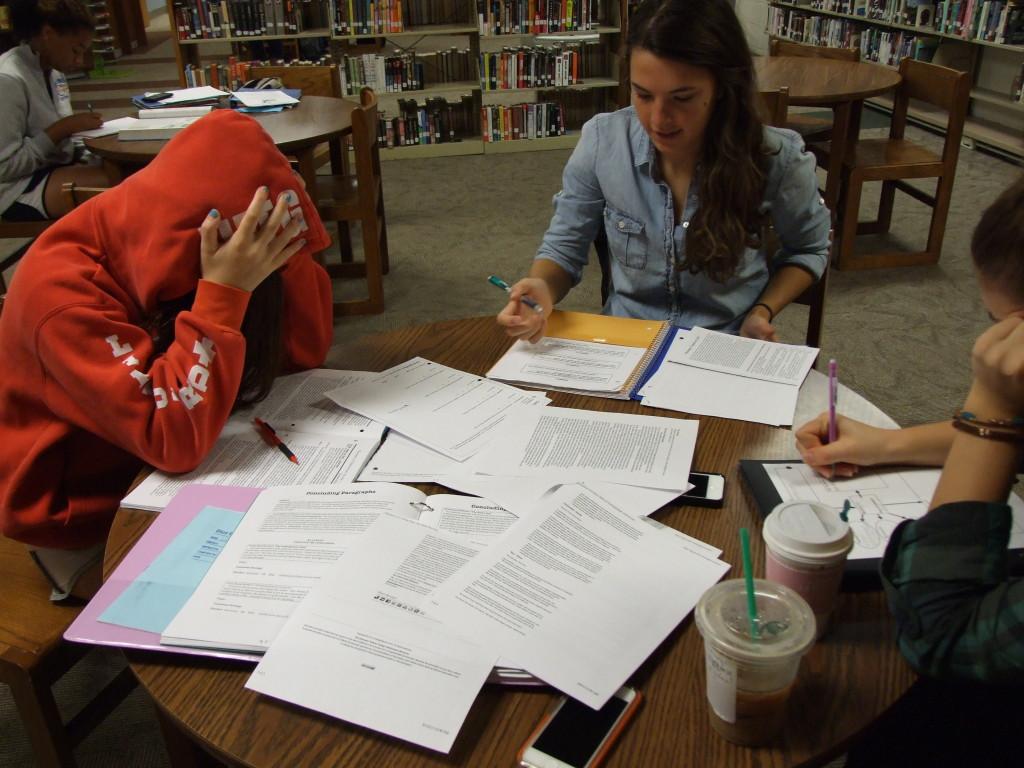
“It is the supreme art of the teacher to awaken joy in creative expression and knowledge.â€
These words, once spoken by Albert Einstein, would likely be doubted by most present-day American high school students–many would argue that it is hard to find joy in learning when so much emphasis is placed on the quality of the product rather than the intensity of the process it takes to arrive at the product. In the midst of one’s busy life, which is governed by a work-play divide that puts a much greater emphasis on “work†than it does on “playâ€, it is difficult to feel enjoyment and pride as a result of one’s work.
Thus, a question arises: does the nature of modern-day education imply that taking joy in the process of one’s work is not an important factor when it comes to accomplishment?
On a different note, as such a dramatic emphasis is currently being placed on the field of science, technology, engineering and mathematics (STEM), many students are shifting their academic “interests†to align with what will apparently get them a well-paying job as opposed to doing what they enjoy.
The well-known expression “choose a job you love, and you will never have to work a day in your life†seems to be gradually sinking beneath other financially-driven motives.
Higher education institutions are responsible for working to persuade their students that no amount of money that they might make from a well-paying job is capable of compensating for the loss of happiness that would come from by waking up every day to do something unenjoyable.
I will never forget the time in 9th grade when Mr. De la Paz explained to our entire physics class that although it is not necessarily true that we will use physics in our careers in the future (unless we become physicists or engineers), learning and working with the material will help train our brains to operate as efficiently as possible at whatever job we end up choosing to pursue.
From that moment on, although it is definitely a challenge to maintain this viewpoint, I decided to see school as more of a way to exercise my brain than as something that requires perfection.
“Education is what remains after one has forgotten what one has learned in school.â€
These words, once again spoken by Albert Einstein, convey the easily-overlooked yet ever-present truth behind the most essential reasons for education.
School should place emphasis on the importance of how to think, not on what to think.







